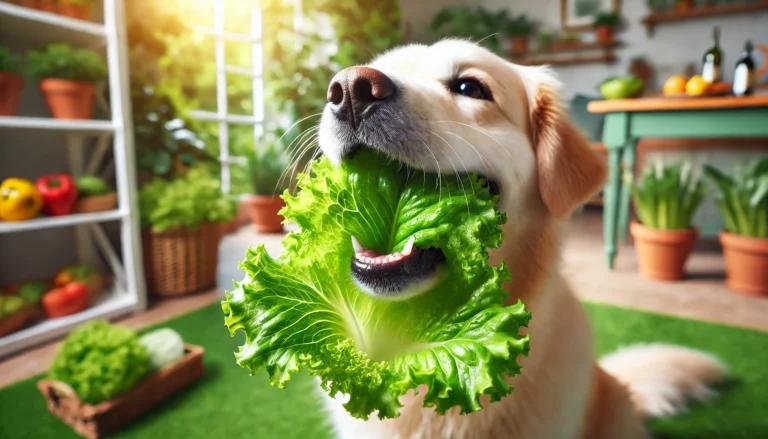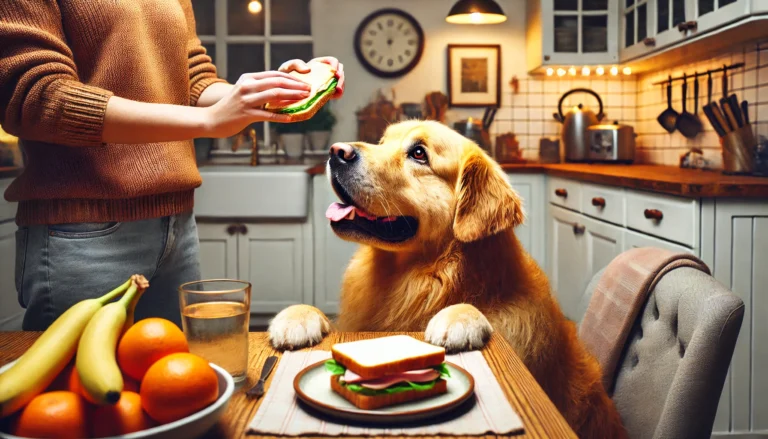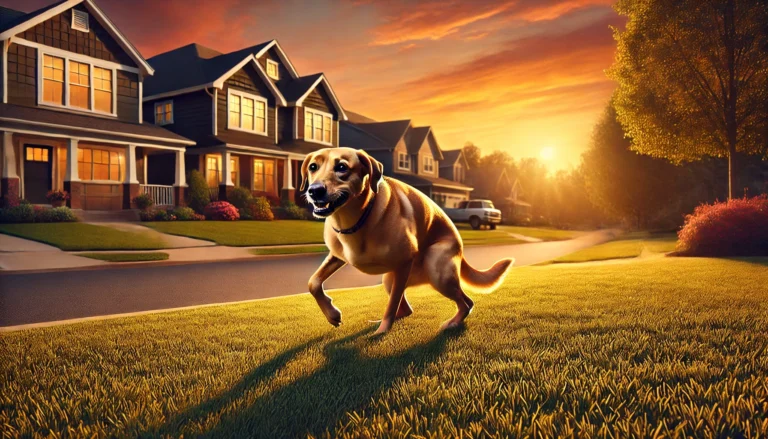Comprehensive Guide to Pomeranian Dog Breed Health and Care
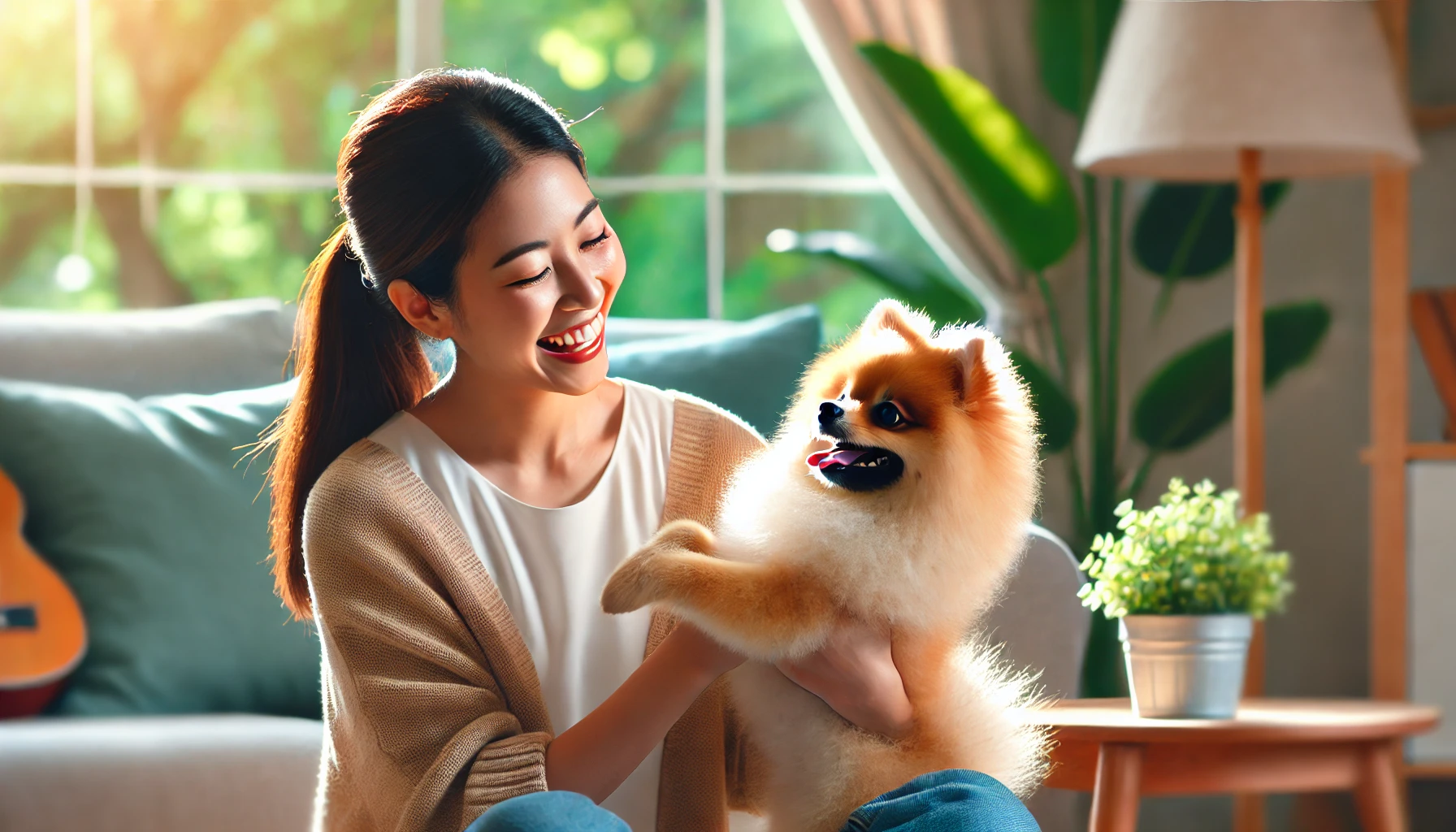
Introduction Pomeranian Dog
Pomeranians, often affectionately referred to as Poms, are among the most popular toy breeds due to their distinct fluffy coats and vibrant personalities. Despite their small size, they are known for their bold and curious nature. This guide explores the intricacies of Pomeranian health, care, and lifestyle requirements to ensure they live happy, healthy lives.
Introduction to the Pomeranian Breed
Originating from the region of Pomerania in Europe, these small dogs have become beloved companions around the globe. They feature a fox-like expression with alert, bright eyes and a compact, robust body. An adult Pomeranian typically weighs between 3 to 7 pounds and stands about 6 to 7 inches at the shoulder, though sizes can vary slightly, with some being labeled as miniature or teacup Pomeranians due to their smaller stature.
Key Health Concerns for Pomeranian Dog
Pomeranians are generally healthy, but like all breeds, they are prone to certain health issues. Understanding these can help in early diagnosis and treatment.
1. Dental Health
Pomeranians have small mouths that can lead to teeth overcrowding. This often results in dental challenges such as plaque buildup and gum disease. Regular dental check-ups and daily tooth brushing are essential to prevent severe dental issues.
2. Luxating Patella
A common issue in small breeds, luxating patella occurs when the kneecap slips out of place. This can cause pain and difficulty walking. Treatment may range from lifestyle adjustments to surgical intervention depending on the severity.
3. Tracheal Collapse
This serious condition involves the weakening of the tracheal rings, leading to a collapsed trachea. Symptoms include a goose-like honking cough. Weight management and certain medications can manage symptoms, though severe cases might require surgery.
4. Coat and Skin Issues
The luxurious double coat of a Pomeranian requires regular grooming to prevent matting. Skin problems can occur if not properly groomed. They may also suffer from allergies that can exacerbate skin issues.
5. Hypoglycemia
Especially in smaller or teacup varieties, Pomeranians can suffer from hypoglycemia, or low blood sugar, which is a critical condition that can lead to weakness, seizures, and even death if not promptly addressed.
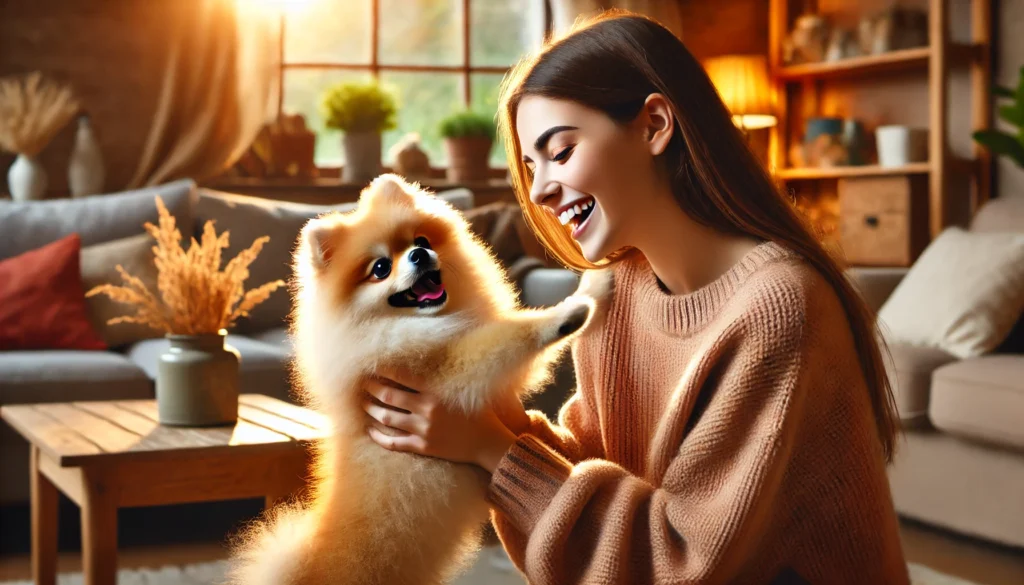
Grooming Needs of Pomeranian Dog
Pomeranians are famous for their beautiful coats that come in a variety of colors and patterns such as black, white, red, and merle. Regular grooming is crucial:
- Brushing: Daily brushing helps prevent tangles and matting. During shedding seasons, more frequent brushing is necessary.
- Bathing: Monthly baths with a gentle dog shampoo will keep their coat clean without stripping essential oils.
- Nail Clipping and Ear Cleaning: Regular nail trimming and ear cleaning are important to prevent discomfort and infections.
Diet and Nutrition of Pomeranian Dog
Feeding your Pomeranian a balanced diet tailored to small breed dogs is essential for maintaining their health.
- Kibble Size: Small breed-specific formulas with smaller kibble sizes help Pomeranians chew and digest their food effectively.
- Feeding Schedule: Regular feeding times for small, frequent meals can prevent hypoglycemia.
- Hydration: Fresh water should always be available to keep them hydrated.
Exercise and Training of Pomeranian Dog
Despite their small size, Pomeranians have a lot of energy. They benefit from both physical and mental stimulation:
- Exercise: Daily walks and play sessions help maintain their health and cater to their social needs.
- Training: Pomeranians are intelligent and respond well to training. Consistent, positive reinforcement methods work best.
Social and Emotional Health of Pomeranian Dog
Pomeranians are social creatures that form strong bonds with their owners. They can be great with families and other pets if properly socialized from a young age. However, their small size makes them delicate, so interactions with young children should be supervised.
Lifespan and Aging of Pomeranian Dog
The lifespan of a Pomeranian is typically between 12 to 16 years. Senior Pomeranians require adjusted diets, more frequent veterinary check-ups, and possible changes to their exercise regime to accommodate their aging bodies.
DO YOU KNOW
Dog Wheezing may indicate anything from a temporary irritation to a chronic respiratory condition.
Conclusion of Pomeranian Dog
Caring for a Pomeranian Dog requires a commitment to their health, grooming, diet, and emotional well-being. With the right care, these lively little companions can lead joyful, energetic lives as beloved members of their families. Regular veterinary visits, proper nutrition, consistent grooming, and loving interaction will ensure your Pomeranian thrives. Whether you own a classic orange Pomeranian, a striking black Pomeranian, or a tiny teacup Pomeranian, understanding and meeting their specific needs will help you enjoy a rewarding relationship with your fluffy friend.
Do Pomeranians have lots of health issues?
Pomeranians can be prone to certain health issues like dental problems and luxating patella but proper care can manage risks.
How do I keep my Pomeranian healthy?
Regular vet check-ups, proper diet, exercise, and grooming are key to keeping a Pomeranian healthy.
Do Pomeranians have respiratory problems?
Pomeranians can have respiratory issues, especially if they are overweight or have inherited tracheal collapse.
Are Pomeranian dogs hard to take care of?
They require regular grooming and attention to their health needs but are not particularly hard to care for with proper knowledge.
Do Pomeranians drink a lot of water?
They should have access to fresh water at all times but typically drink an average amount for a small dog.
Do Pomeranians get cold at night?
Yes, due to their small size, they can get cold and may need a warm blanket or clothing in cooler temperatures.
What does a Pomeranian eat?
A balanced diet of high-quality dog food appropriate for their age, size, and activity level is recommended.
Are Pomeranians intelligent?
Yes, Pomeranians are quite intelligent and respond well to training when it’s consistent and positive.
Are Pomeranians loyal to one person?
Pomeranians can be particularly loyal to one person, often forming a strong bond with their primary caretaker.
What are the behavior problems with Pomeranians?
Common issues include excessive barking, separation anxiety, and sometimes aggression if not properly socialized.

